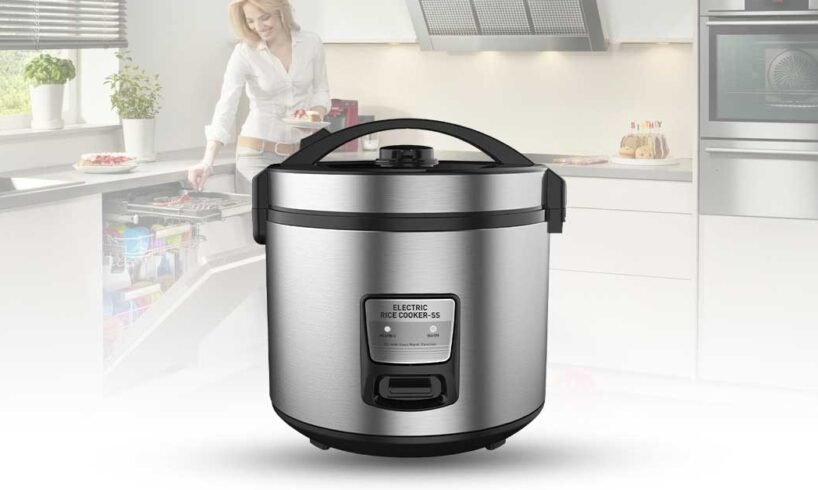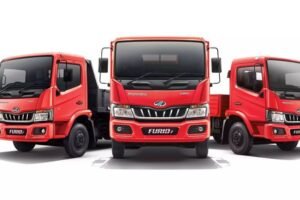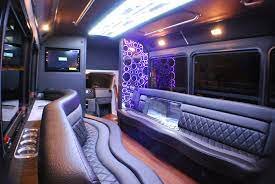
Opting for the appropriate equipment is essential for success in the ever-evolving catering industry. The selection between gas and electric cooker is one of the most important. Every option has advantages and disadvantages, so knowing your catering business’s requirements is crucial to helping you make an educated choice.
Recognizing a Catering Company’s Needs
Catering companies often deal with culinary needs, from intimate get-togethers to expansive events. Gas and electric cookers may be chosen based on several criteria: portability, affordability, and energy efficiency.
Benefits of Gas Cooking
Cost-Effectiveness and Energy Efficiency
Because of their well-known energy efficiency, gas cookers may save organizations money. Instantaneous heat is provided by the direct flame, which speeds up cooking and uses less energy.
Rapid Temperature Regulation
The quick reaction of gas cookers to temperature changes is one of their main benefits. This function is helpful when catering since different culinary operations need exact temperature control.
Appropriate for Rapid Cooking
Gas cookers are perfect for catering companies that handle significant events since they perform well in high-demand scenarios. Fast generation of high temperatures guarantees quick and practical food preparation.
The Cons of Gas Cooking
Safety Issues
Although gas stoves work well, there are safety issues, primarily because of the exposed flame. Companies must implement proper safety procedures to guard against mishaps and provide a safe cooking environment.
Restricted Mobility
Generally speaking, gas burners are less portable than electric ones. This might be a disadvantage for catering companies whose kitchen layout has to be flexible.
The Benefits of Electric Cooking
Features of Safety
Safety features, including indication lights and automated shut-off mechanisms, are standard on electric cookers. These components help create a safer cooking environment, which is essential for establishments catering to big crowds.
Simple to Maintain
Electric cookers are simpler to clean than gas stovetops because of their smooth, level surfaces. This is a valuable function in a catering kitchen where sanitation is paramount.
Accurate Temperature Management
Because electric cookers provide excellent temperature control, cooks can keep delicate foods at a constant temperature. This capability is handy when preparing a variety of menu items for catering.
Cons of Electric Cooking
Increased Operating Expenses
Electric cookers’ Long-term operating expenses are more significant than gas cookers since electricity is often more costly. This is something that caterers need to account for when planning their utility bills.
Reduced Heat Response
Electric cookers react to temperature changes more slowly than gas cookers do. This may affect how quickly food cooks, especially when a lot of food is being prepared.
Comparison between Electric and Gas
Expense Factors
Although gas stoves are less expensive to operate, companies must weigh this against the possible higher initial installation costs. Electric cookers may need less initial expenditure, even if they are more costly.
Adaptability and Mobility
While electric cookers provide more positioning options in the kitchen, gas cookers are more mobile. Catering companies must consider these aspects in light of their unique kitchen configuration and operating requirements.
Upkeep Needs
Because of their open flame design, gas cookers need more maintenance than electric cookers, with fewer moving components requiring routine care. To ensure the lifespan of the selected appliance, it is vital to comprehend the maintenance requirements.
Tips for Starting a Catering Company
Businesses in the catering industry should evaluate their workload, demand, and available utilities before selecting between an electric and gas burner. Equally crucial are the kitchen’s dimensions and the need for movement.
Case Studies
To provide a more pragmatic viewpoint, let us examine actual instances of catering companies that have effectively selected gas or electric cookers according to their distinct operating needs.
Professional Views
We asked seasoned chefs and catering industry executives for their opinions on the pros and cons of gas and electric cookers. What they said was as follows:
The size of your catering company ultimately determines which stove to use—gas or electric. The rapid heat control of gas is unmatched for big groups, but electric cookers’ safety features may be more critical for smaller get-togethers.” – Culinary Innovations Chef Emily Johnson.
Choosing the Option
In conclusion, your catering business’s demands should be considered when choosing between an electric and gas burner. To improve the efficiency of your cooking, make an educated decision by considering aspects such as cost, flexibility, and safety.
Tips for Installation and Safety
Whichever option you choose, make sure your cooker operates well by adhering to these installation and safety tips:
- Get the appliance installed by an expert
- Check for leaks in gas connections regularly
- Electric stoves should be cleaned often to avoid accumulation





